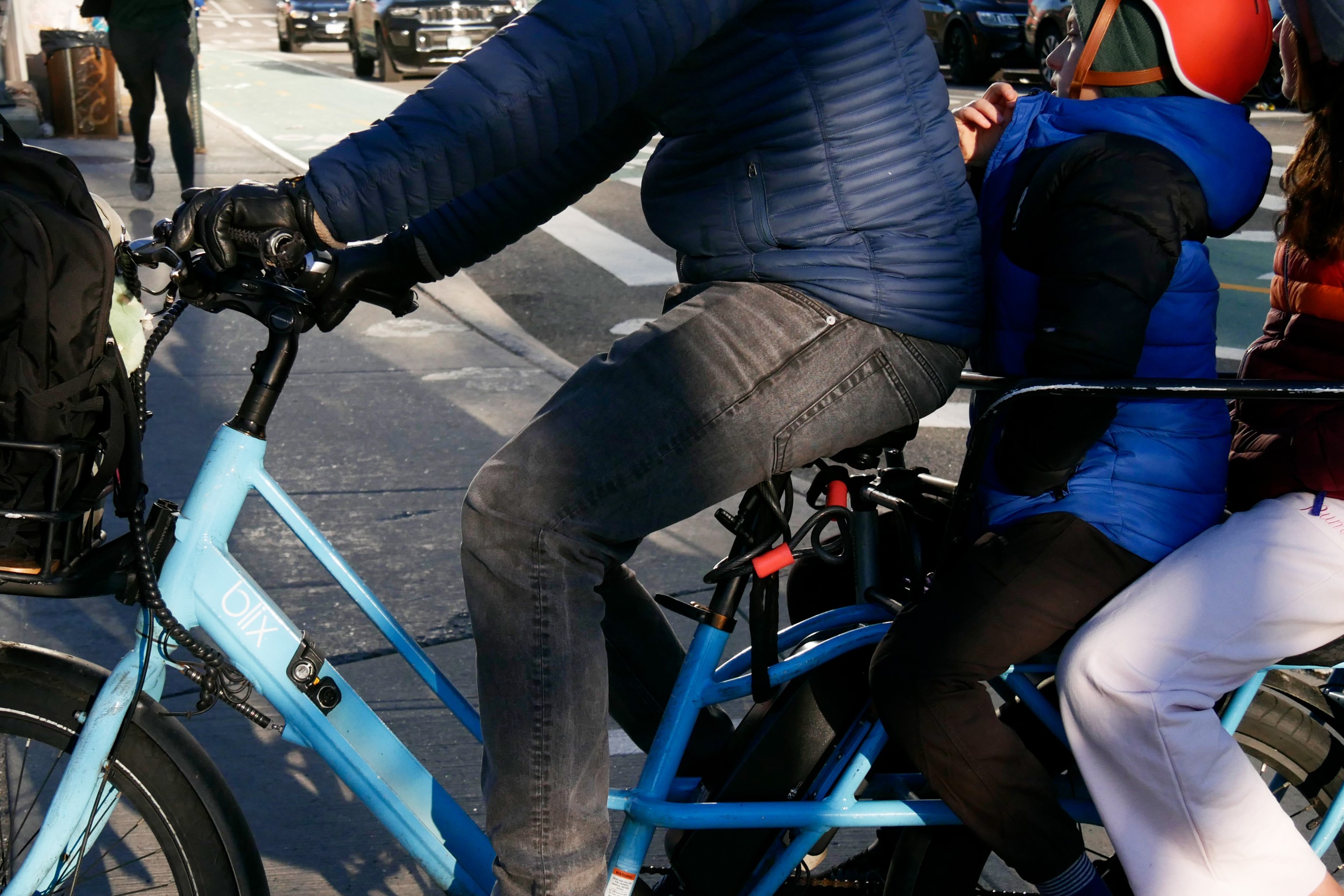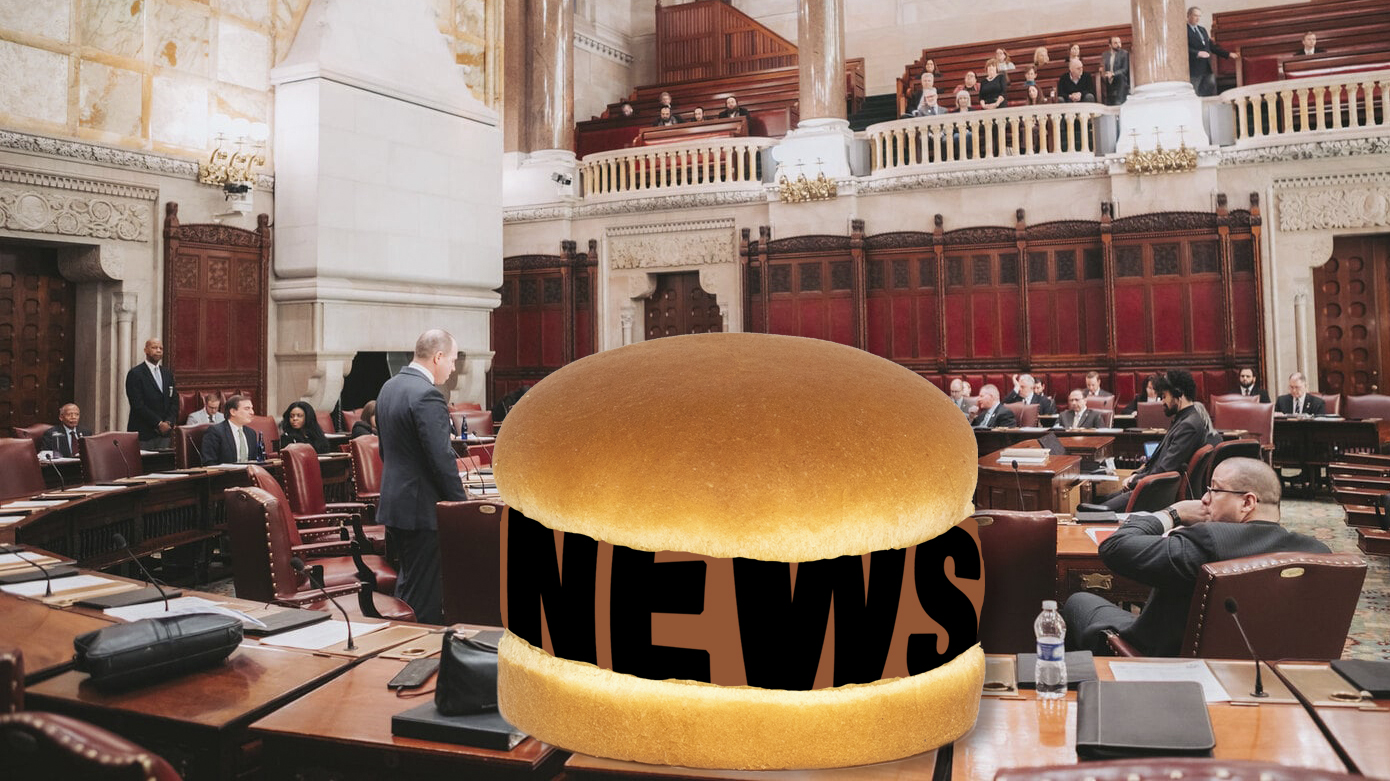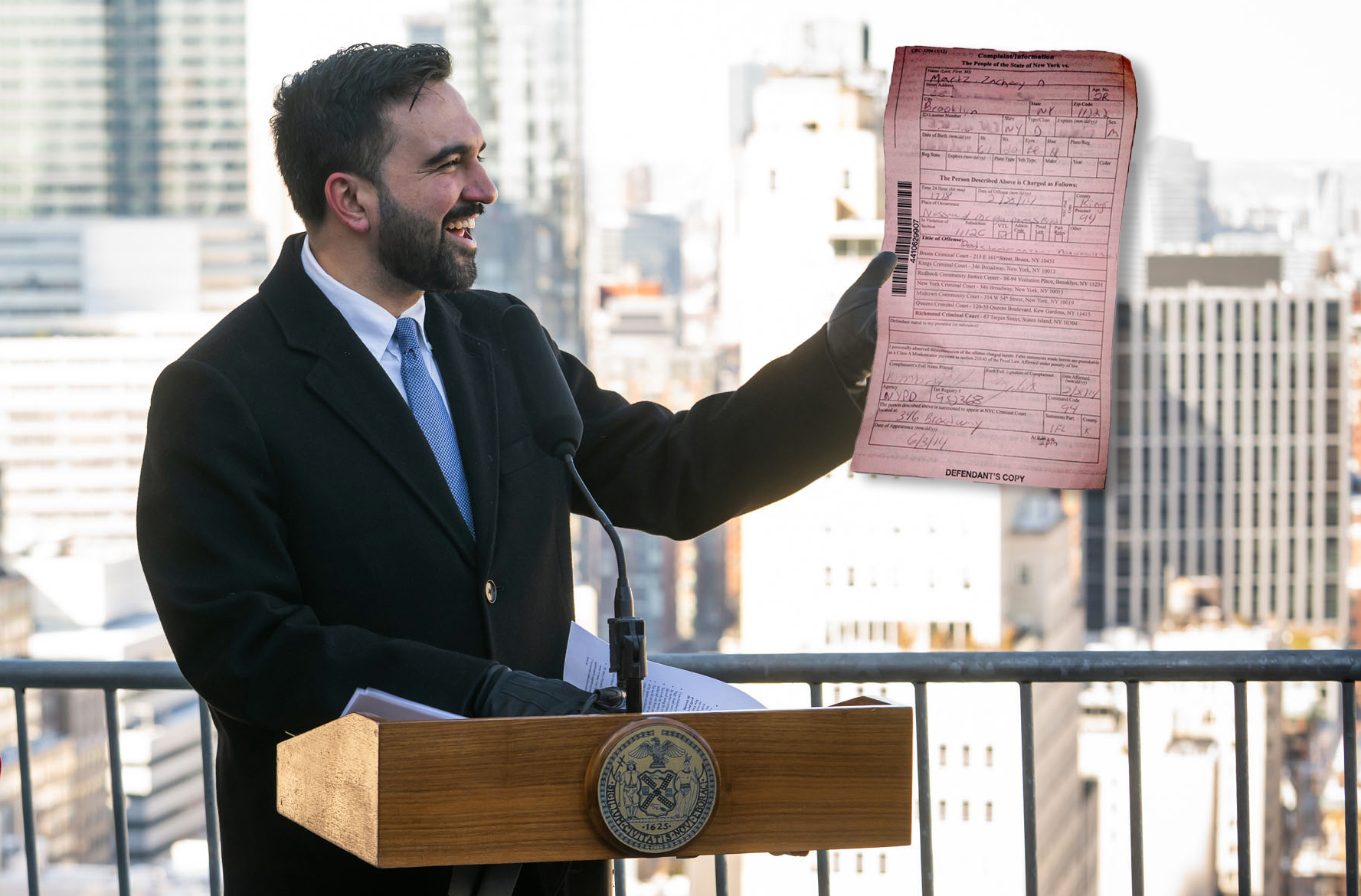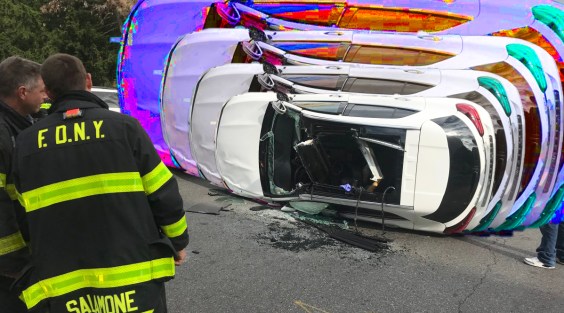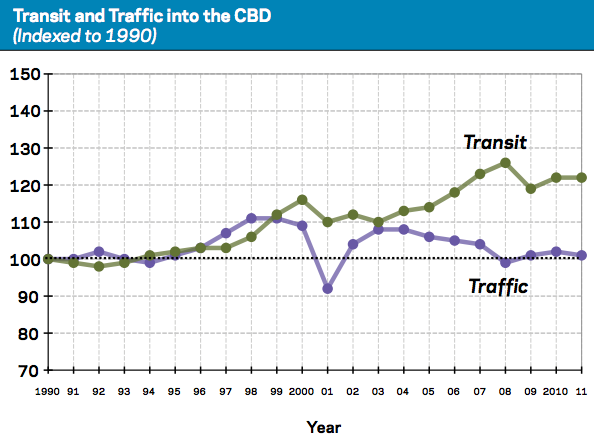
After several blocks in the heart of Times Square were pedestrianized and protected bike lanes were added to five avenues in the middle of Manhattan, motor vehicle traffic is actually moving more smoothly than before, according to the latest release of NYC DOT's annual Sustainable Streets Index [PDF].
The report, which gathers data from the MTA, the Taxi and Limousine Commission, and DOT's own counts, also shows that the volume of traffic entering Manhattan has basically stayed flat since 2009. At the same time, transit ridership has started to rebound from the recession and service cuts.
Even with population and employment levels increasing after the recession, car traffic into the Manhattan CBD declined 1.7 percent in 2011. Since 2003, traffic volumes are down 6.5 percent, while transit trips to the area have increased 11.3 percent.
The drop in Manhattan-bound traffic has come primarily from the Hudson River tunnels, which have seen a 3 percent drop since 2008, while volumes on the free East River bridges remained flat and traffic over the free Harlem River bridges inched up 1 percent. (It's no surprise why: Port Authority tolls encourage people to take transit or carpool, while the city's free bridges offer no such incentive.)
In Manhattan below 60th Street, predictions that reallocating space to walking, biking, and transit would only worsen traffic have not come to pass. In fact, average traffic speeds have picked up. GPS data from yellow cabs below 60th Street show that average speeds are up 6.7 percent since 2008. The average speed of a taxi trip, which was 8.9 mph in 2011, inched up to 9.3 mph last year. (Note that these average speeds don't mean, as Matt Flegenheimer put it in the Times this morning, that "drivers in much of Manhattan can rarely flout the law, even if they try." In addition to aggressive and dangerous behavior like failing to yield to pedestrians, speeding in Manhattan is still very common even if average speeds are well below the limit.)
Manhattan's business districts aren't the only places where transit is on the rise as driving volumes fall. According to metrics incorporating car crossings between boroughs other than Manhattan, citywide traffic volumes declined 1.8 percent in 2011 from the previous year, while transit ridership increased 0.4 percent, despite service cuts and fare hikes implemented the year before. The most recent numbers are in line with a long-term trend: Since 2003, NYC transit ridership is up 9.5 percent, while driving counts have fallen 3.9 percent.
The notable exception to the increase in transit growth has been the city's bus system, though data from 2012 indicates that bus ridership may be on the rebound. From 2008 to 2011, local bus ridership fell 9 percent citywide. Then in 2012, weekday bus ridership rose 0.8 percent. Meanwhile, weekday subway ridership rose 1.8 percent in 2012, surpassing its previous peak in 2008.
The annual report incorporates numbers on bike-share usage. Between the Memorial Day launch and August 26, Citi Bike riders made more than 2.5 million trips covering more than 5.5 million miles. There have been eight crashes involving Citi Bikes, none causing injuries classified as serious. Of stations sampled during the final two weeks of July, the busiest included those near hubs like Grand Central Terminal and Union Square.
The Sustainable Streets Index is part of the city’s PlaNYC 2030 sustainability initiative and builds on previous releases from 2008, 2009, 2010, and 2011. The report also includes before-and-after analysis of major street redesigns, as required by a city law enacted in 2008. This year's report includes ten of these projects, including parking reforms and plaza space in Jackson Heights and the redesign of Grand Army Plaza.
Some of the more interesting numbers from these projects include:
- In Jackson Heights, a comprehensive neighborhood transportation study led to the reconfiguration of bus routes, parking, and traffic patterns. The result? Crashes with injuries are down 26 percent, while bus speeds on the Q47 have improved as much as 25 percent.
- The addition of pedestrian space at Grand Army Plaza nearly doubled the number of people walking to the Soldiers’ and Sailors’ Memorial Arch, with the number of people using the plaza's central public space up 96 percent.
- In downtown Flushing, expanded sidewalks, relocated bus stops, and new turn restrictions led to a 30 percent decline in crashes causing pedestrian injuries and a 50 percent decline in crashes causing injury to drivers, while peak-hour traffic on Northern Boulevard is moving up to 37 percent faster.
This is the final Sustainable Streets Index released by the Bloomberg administration, and it demonstrates the benefits of many of the street design innovations pioneered by NYC DOT under Janette Sadik-Khan. The next mayor has the opportunity to extend these benefits to more streets and more neighborhoods across the city.


